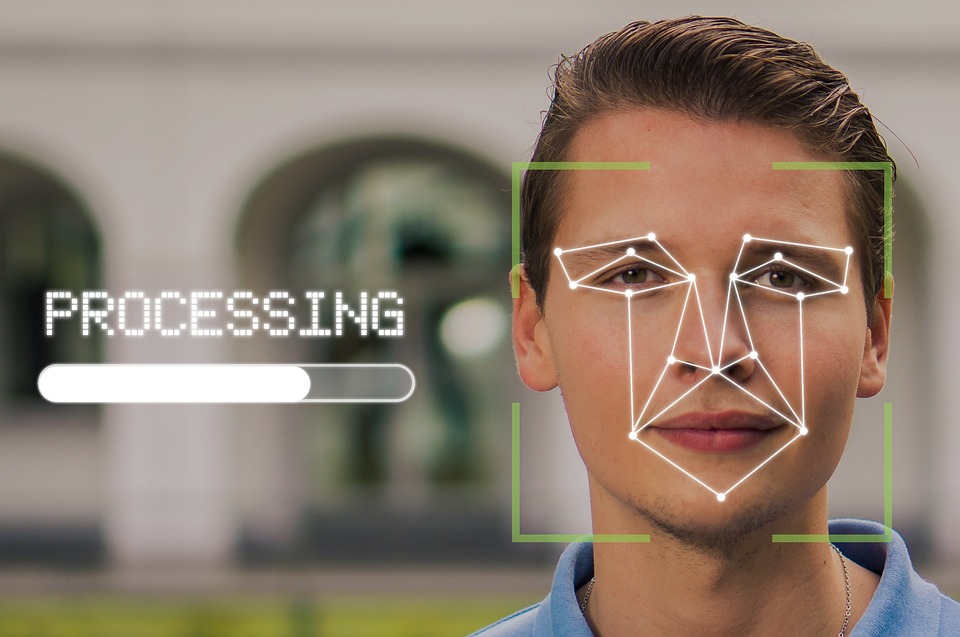In recent years, the world has seen a rise in the use of biometric technology for identity verification. This revolutionary form of identification relies on unique biological characteristics, such as fingerprints, facial features, and even behavioral patterns. Biometrics offers a promising future for identity verification, with numerous benefits and potential applications in various industries.
One of the primary advantages of biometric technology is its unparalleled accuracy. Unlike traditional methods of identification, such as passwords or PIN codes, biometric data is extremely difficult to replicate or forge. This makes it a highly secure form of verification, reducing the risk of identity theft or fraud. Additionally, biometrics eliminates the need to remember complex passwords or carry identification documents, streamlining the verification process and improving user experience.
The integration of biometrics into different sectors has the potential to transform various industries. In the financial sector, for example, biometric technology can enhance security measures for online transactions and banking services. Facial recognition or fingerprint scanning can replace traditional authentication methods, reducing the risks associated with stolen credit card information or fraudulent accounts.
The healthcare industry also stands to benefit greatly from biometrics. Patient identification errors or medical record mix-ups can have serious consequences, potentially leading to incorrect diagnoses or delayed treatments. By implementing biometric identification systems, hospitals and healthcare providers can ensure accurate patient identification, improving the overall quality of care and reducing medical errors.
Biometrics can also revolutionize the travel industry, making air travel more secure and efficient. Facial recognition technology, for instance, can be used to automate check-in processes or enable seamless border control. This would significantly reduce waiting times and enhance the overall travel experience while maintaining high levels of security.
Moreover, the use of biometric technology can greatly improve access control systems in various settings. From workplaces to residential areas or even public transportation, biometrics can replace traditional keycards or passwords, ensuring that only authorized individuals have access to specific locations. This eliminates the need for physical keys or cards that can be easily lost, stolen, or duplicated.
While the future of biometric technology seems promising, it is not without its challenges. Privacy concerns arise when collecting and storing personal biometric data. It is crucial to ensure that strict regulations and protocols are in place to protect individuals’ privacy and prevent misuse of their biometric information. Ethical considerations, such as consent and transparency, must also be taken into account during the implementation of biometric systems.
Moreover, the reliability and accuracy of biometric technology must be continuously improved. Factors such as lighting conditions, device quality, or changes in physical appearance can potentially affect the accuracy of biometric identification. Persistent research and development efforts are necessary to overcome these challenges and enhance the overall reliability of biometric systems.
Overall, the future of identity verification lies in the promising realm of biometric technology. Its accuracy, efficiency, and security make it an ideal solution for diverse industries, ranging from finance to healthcare and transportation. However, careful consideration must be given to privacy concerns and technological limitations. With proper regulations and ongoing advancements, biometric technology has the potential to revolutionize the way we verify our identities, leading to a more secure and convenient future.




